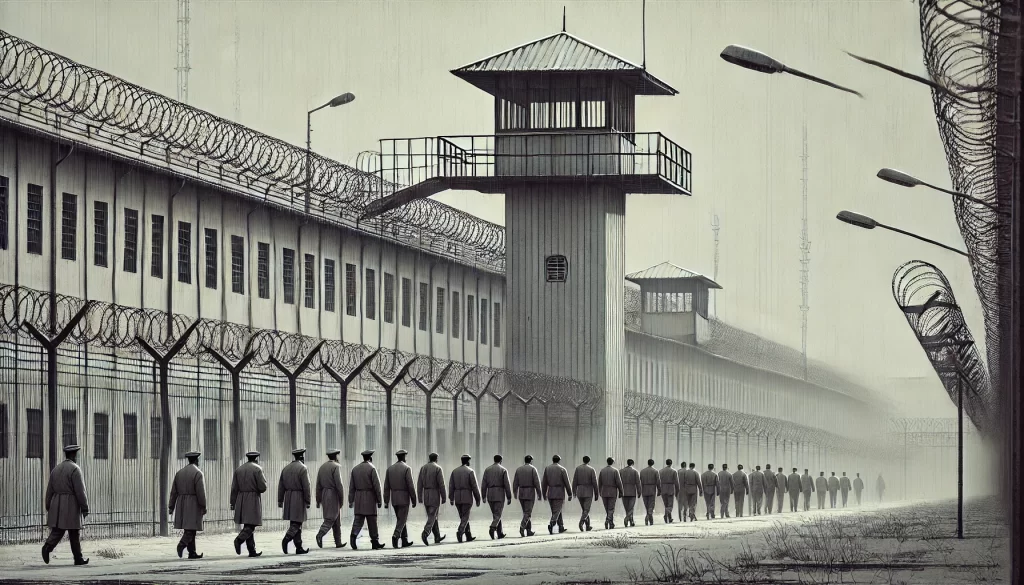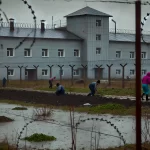Table of Contents
The concept of educational colonies for minors in Russia often sparks curiosity and concern. These institutions, designed to rehabilitate and educate young offenders, have a long history in Russia. However, the true nature of life inside these colonies remains largely hidden. This article aims to uncover the hidden truths about these educational colonies, exploring their purpose, conditions, and impact on the lives of the minors within them.
Uncovering the Hidden Realities of Educational Colonies for Minors in Russia
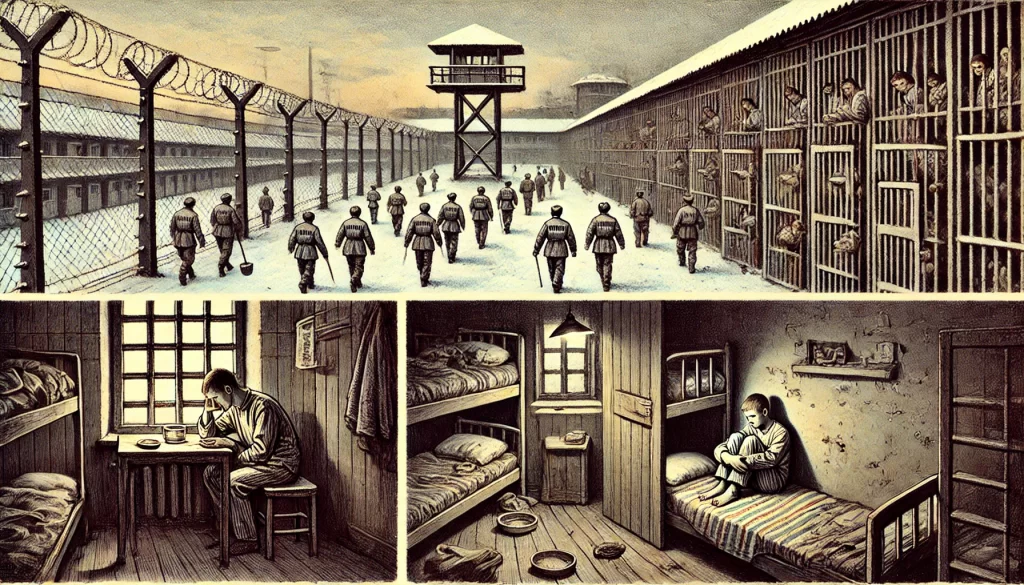
Educational colonies for minors in Russia are designed to rehabilitate young offenders, offering structured environments that blend punishment with education. However, behind these intentions lies a reality of harsh conditions, overcrowding, inadequate healthcare, and insufficient mental health support. While the purpose is to reform and reintegrate these minors into society, the colonies often exacerbate psychological trauma and isolation. The quality of education and vocational training varies, leaving many ill-prepared for life after release. Unveiling these hidden truths highlights the urgent need for reform to provide real rehabilitation and opportunities for a better future.
What Are Educational Colonies for Minors?
The Purpose Behind Educational Colonies
Educational colonies for minors in Russia are institutions where young offenders are sent to serve their sentences. These colonies are intended to provide punishment, education, and rehabilitation. The goal is to help these minors reintegrate into society as law-abiding citizens once their sentences are complete. Unlike adult prisons, these colonies focus on discipline and education, offering a structured environment where minors can learn and grow.
The History of Educational Colonies in Russia
The history of educational colonies for minors in Russia dates back to the Soviet era. Initially established to reform juvenile delinquents, these colonies were considered a necessary part of the criminal justice system. Over the years, the system has evolved, but the core idea of combining education with incarceration has remained. These colonies continue to operate today, though they are often shrouded in secrecy and controversy.
Life Inside Educational Colonies for Minors
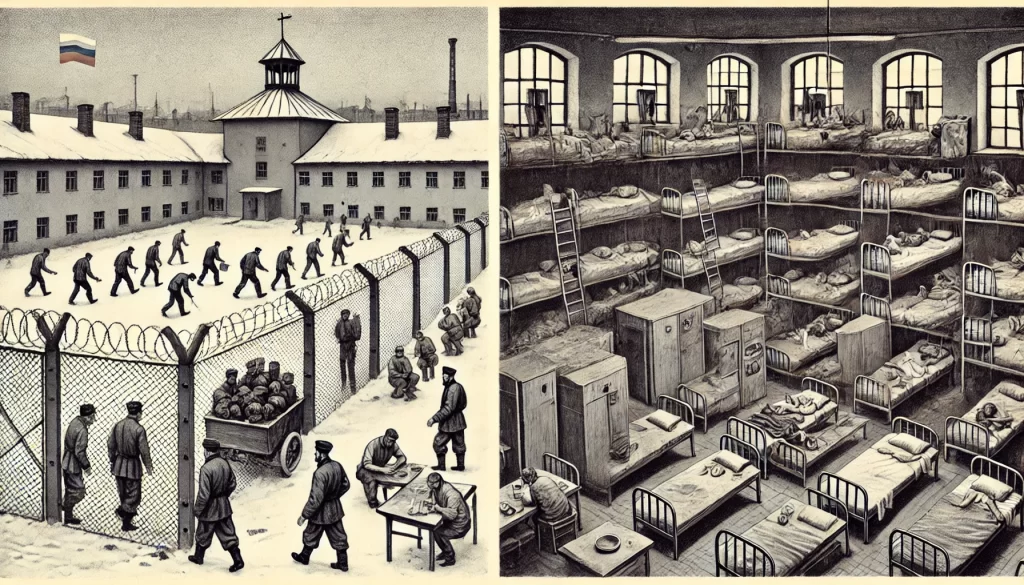
Daily Routine and Discipline
Life inside educational colonies for minors in Russia is highly disciplined. The daily routine is strict, with a focus on discipline and structure. Minors typically wake up early and follow a schedule that includes education, physical labor, and limited recreation. The emphasis on discipline is meant to instill a sense of responsibility and order, but it can also be harsh and unforgiving.
Minors in these colonies must attend classes where they receive an education similar to regular schools. However, the quality of education can vary greatly depending on the colony. Some colonies have well-trained teachers and adequate resources, while others need more materials and qualified staff.
The Reality of Conditions
The conditions in educational colonies for minors in Russia are a topic of significant concern. Reports from former inmates and human rights organizations suggest that these colonies often suffer from overcrowding, poor hygiene, and inadequate medical care. The physical environment can be bleak, with cramped living quarters and limited access to necessities.
Moreover, the psychological impact of life in these colonies can be profound. Many minors experience isolation, anxiety, and depression as a result of the harsh conditions and lack of emotional support. While the intention behind these colonies is to rehabilitate, the reality often falls short of this goal, leading to long-term mental health issues for many of the young inmates.
The Role of Education
Education is a central component of educational colonies for minors in Russia, but its effectiveness is often questioned. While some colonies offer a standard curriculum, others provide only basic education, with limited opportunities for vocational training or higher learning. The need for more resources and qualified teachers can make it difficult for minors to receive a meaningful education.
Despite these challenges, education in these colonies is seen as a way to give minors a second chance. By acquiring new skills and knowledge, they are better equipped to find employment and avoid re-offending once they are released. However, the effectiveness of this education is dependent on the quality of the programs offered and the individual’s ability to overcome the challenges of life in the colony.
The Impact on Minors
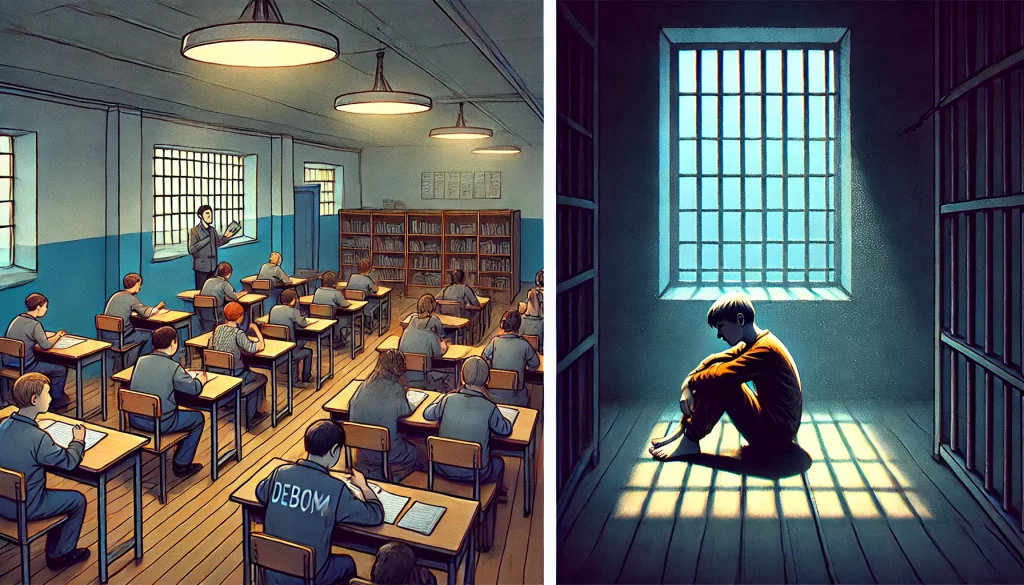
Psychological and Emotional Effects
The psychological and emotional impact of being placed in educational colonies for minors in Russia is significant. Many minors struggle with feelings of abandonment and hopelessness, exacerbated by the often harsh and isolating conditions. The lack of adequate mental health support in these colonies means that many of these young people are left to cope with their emotions on their own.
The trauma experienced in these colonies can have long-lasting effects, making it difficult for minors to reintegrate into society. Without proper support, they may struggle with relationships, employment, and mental health long after their release.
The Challenge of Reintegration
Reintegrating into society after spending time in educational colonies for minors in Russia is a challenging process. Many former inmates face stigma and discrimination, making it difficult to find work or continue their education. The lack of support services for former inmates further complicates this process, leaving many vulnerable to re-offending.
Successful reintegration requires more than just the completion of a sentence. It requires ongoing support, access to education and job opportunities, and rebuilding a life outside the colony’s walls. Unfortunately, many minors who leave these colonies are ill-prepared for the challenges they will face, leading to a cycle of re-offending and further incarceration.
Also Read: Educational Labor Colonies for Minors in Russia: Uncover Harsh Realities
Reform and Future Prospects
Calls for Reform
There have been growing calls for reform of educational colonies for minors in Russia. Human rights organizations and advocates argue that the current system is failing to meet the needs of these young people. They call for improved conditions, better education and vocational training access, and increased mental health support.
Reform efforts have been resisted, but there is hope for change. By addressing the underlying issues within these colonies, an environment that truly supports the rehabilitation and reintegration of minors can be created.
The Potential for Change
The potential for change in educational colonies for minors in Russia lies in a commitment to improving the system. This includes investing in better facilities, hiring qualified staff, and providing comprehensive support services for both current inmates and those who have been released. It also requires a shift in how society views these young people, recognizing their potential for growth and change.
By focusing on rehabilitation rather than punishment, we can break the cycle of re-offending and create a brighter future for these minors. The road to reform is long, but with continued advocacy and support, we can build a system that truly serves the needs of young offenders.
The reality of educational colonies for minors in Russia is often hidden from view. While these colonies are intended to rehabilitate and educate young offenders, they often fall short of these goals. The conditions within these colonies can be harsh, and the impact on the minors is profound. However, with ongoing calls for reform and a commitment to change, there is hope that the system can improve.
By exposing these hidden truths, we can work towards a future where educational colonies for minors in Russia truly fulfill their purpose, providing a path to rehabilitation and reintegration for young offenders. It is a complex and challenging issue that deserves attention and action.

